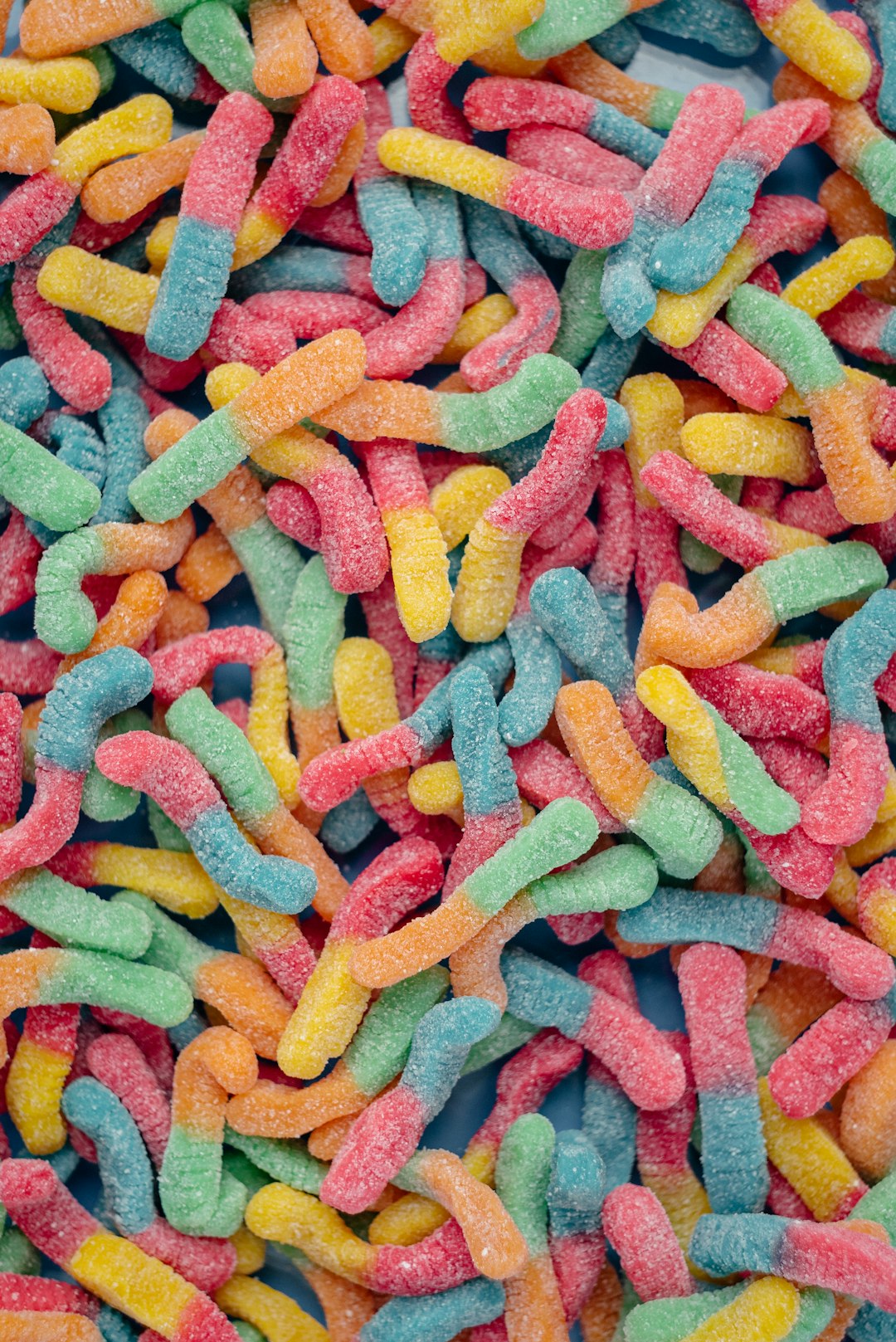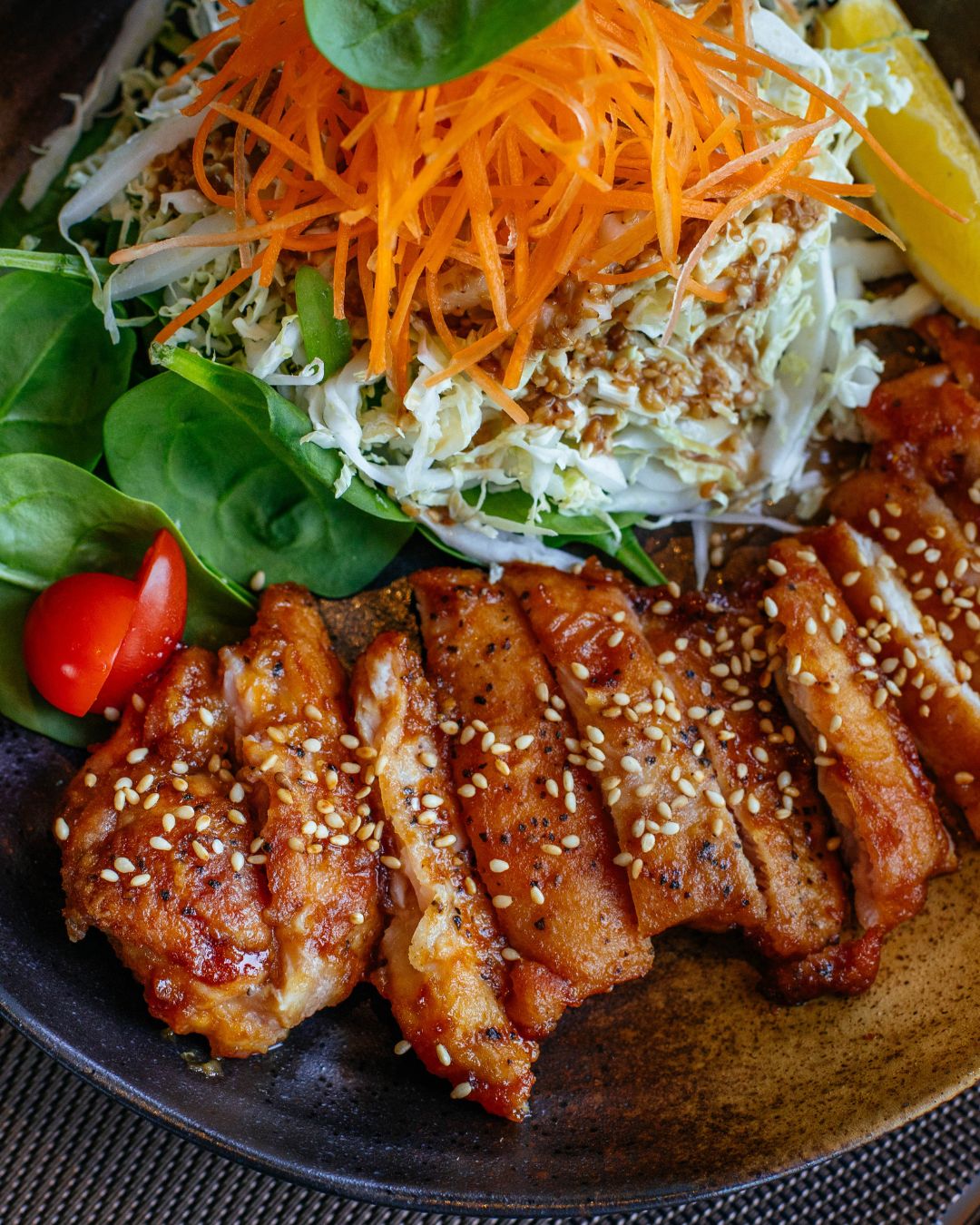No products in the cart.

The Long-Term Impact of Processed Foods and Chemicals on Children’s Health
The Long-Term Impact of Processed Foods and Chemicals on Children’s Health
In today’s fast-paced world, processed foods have become a staple in many households. They’re quick, convenient, and let’s be honest—kids love them. But behind the colourful packaging and fun shapes, these ready-to-eat delights might be hiding more than just flavour.
Packed with additives, preservatives, and chemicals, processed foods can have a significant long-term impact on children’s health and well-being. While they may save time in the short run, the effects on growth, development, and overall health can last far beyond childhood.
Understanding these hidden consequences is crucial for making informed choices about what we serve our little ones. Let’s take a closer look at what’s really in these foods—and what it means for our kids.

Processed Foods & Chemicals: What Are Our Kids Really Eating?
In today’s fast-paced world, processed foods have become a parenting survival tool. They’re quick, convenient, and let’s be honest—most kids would choose a neon-coloured snack over a plate of veggies any day. But what’s really in these foods, and how do they impact our children’s health in the long run?
What Exactly Are Processed Foods?
Not all processed foods are created equal. Some are totally fine (hello, pre-cut fruit!), while others are science experiments disguised as lunchbox treats. Here’s a quick breakdown:
- Minimally processed – Foods that are slightly altered but still retain their nutrients (e.g., bagged spinach, frozen berries).
- Processed for preservation – Think canned beans, frozen veggies—basically, foods that last longer without losing too much goodness.
- Moderately processed – Foods with added sugars, oils, or seasonings to enhance flavour or texture.
- Heavily processed – The ultimate “we have no idea what’s in this” category. Sugary cereals, frozen nuggets, instant noodles, sodas—all packed with additives, preservatives, and mystery ingredients.
While not all processed foods are bad, the heavily processed ones tend to be loaded with excess sugar, unhealthy fats, sodium, and artificial additives, which can have long-term effects on kids’ health.
What’s Really in Processed Foods? (And Should We Be Worried?)

Aside from their irresistible crunch or unnaturally bright colours, processed foods contain a cocktail of chemicals. Here are some of the biggest offenders:
- Preservatives – Keep food from spoiling but may not be great for little growing bodies (e.g., sodium benzoate, nitrates).
- Artificial colours & flavours – Make food look fun and taste addictive (e.g., azo dyes, MSG).
- Sweeteners – Sometimes sugar, sometimes artificial alternatives like high fructose corn syrup or aspartame—either way, they’re in everything.
- Texturisers & stabilisers – Improve consistency (e.g., xanthan gum, guar gum—sounds harmless, but do we really need them?).
- Emulsifiers – Help blend ingredients that normally wouldn’t mix (e.g., lecithin in chocolates).
While these additives are generally considered safe in moderation, the issue arises when processed foods become a daily staple instead of an occasional treat.
So, how can we make better food choices without a full-on mealtime mutiny? Stay tuned for simple, realistic swaps that make a difference—without making life harder.
Why Are Kids Obsessed with Processed Foods? (And Why Are We Letting Them?)
Let’s be real—processed foods have taken over kids’ diets like a toddler takes over your bed at 3 AM. With the chaos of modern life, it’s no surprise that pre-packaged snacks, ready meals, and fast food often win the dinner battle. But why are we all leaning into the processed food trap?
Cost & Accessibility – It’s cheap, it’s everywhere, and let’s be honest, that $2 snack pack keeps the tantrums at bay.
Marketing Magic – Bright colours, fun characters, and “hidden veggies” (which probably means 0.001% carrot dust) make kids beg for more.
Busy Parent Survival Mode – Who has time to make organic, hand-milled oat pancakes every morning? Not us.
The Taste Factor – Chicken nuggets and crisps taste way better than quinoa bowls, and kids know it.
While convenient, these foods sneak in loads of sugar, unhealthy fats, and mysterious chemicals, setting kids up for potential health issues down the line. So, how do we break free without a full-scale mealtime rebellion?
The Long-Term Health Impacts of Processed Foods (AKA Why Your Kid’s Diet Might Be Working Against Them)
We get it—kids love chicken nuggets, neon-coloured snacks, and anything shaped like a dinosaur. But what happens when these convenience foods become a staple instead of an occasional treat? The truth is, processed foods aren’t just about empty calories—they can set kids up for long-term health issues that go way beyond a sugar crash.
Nutritional Deficiencies (AKA What’s Missing in That Happy Meal?)
One of the biggest red flags with processed foods is what they don’t have. Kids need essential nutrients to grow, learn, and stay healthy, but highly processed foods tend to be stripped of the good stuff:
- Vitamins and Minerals – Processing removes key nutrients like calcium, vitamin D, and iron, which kids need for strong bones, energy, and brain function.
- Fibre – Critical for digestion and gut health, but often missing from refined and processed grains.
- Healthy Fats – Instead of brain-boosting omega-3s from fish and nuts, processed foods are packed with trans fats and unhealthy saturated fats.
Without these essentials, kids may experience weakened immunity, slower cognitive development, and stunted growth. Not exactly the best trade-off for a convenient snack!
Developmental Concerns (AKA How Artificial Additives Might Be Messing with Your Kid’s Brain)

Children’s bodies and brains are growing rapidly, making them extra sensitive to food additives and chemicals. Here’s how processed foods could be affecting them:
- Behavioural & Cognitive Impacts – Studies suggest artificial food dyes and preservatives could contribute to hyperactivity and attention issues.
- Delayed Development – Nutrient deficiencies can slow brain development and impact learning abilities.
- Hormonal Disruptions – Chemicals like BPA (found in food packaging) can mess with hormone levels and even affect puberty timing.
Translation: What kids eat today can shape their physical, emotional, and mental well-being for years to come.
Increased Risk of Chronic Diseases (AKA Why It’s Not Just a Sugar Rush)
Sure, kids burn through energy faster than we do, but that doesn’t mean all foods fuel them properly. A diet high in processed foods can increase their risk of lifelong health issues, including:
- Obesity – High-calorie, low-nutrient foods can set the stage for lifelong weight struggles.
- Type 2 Diabetes – Excess processed sugar increases insulin resistance, raising the risk of diabetes.
- Heart Disease – High sodium, sugar, and unhealthy fats contribute to early heart problems.
- Food Sensitivities – Some additives and preservatives may trigger allergies or intolerances, affecting digestion, skin, and mood.
Strategies for Reducing Processed Foods in Children’s Diets
Let’s face it—processed foods are everywhere, and getting kids to eat anything that isn’t shaped like a dinosaur or packed with sugar can feel like an uphill battle. But reducing processed foods in children’s diets doesn’t have to mean endless kitchen prep or dramatic meltdowns. Small, realistic changes can make a big impact on their long-term health.
Educating Parents and Caregivers
The first step in reducing processed foods is knowing what’s actually in them. When parents and caregivers understand the impact of additives, preservatives, and excess sugar, they can make more informed choices.
- Workshops & seminars – Interactive events that break down nutrition myths and offer easy swaps for family meals
- Informative resources – Quick-reference guides, blogs, and social media tips that make healthy eating feel doable
- Recipe guides – Simple, tasty, kid-approved alternatives to common processed foods
- Personal coaching – Nutritionist-led sessions tailored to real-life parenting struggles
The more confident parents feel about what goes into their kids’ meals, the easier it is to make better choices.
Promoting Whole Foods and Balanced Nutrition

Processed foods are convenient, but real food doesn’t have to be complicated. Encouraging whole foods can be as simple as making small, sustainable changes.
- Community programmes – Fun initiatives that get kids excited about fruits, veggies, and whole grains early on
- Better school lunches – Encouraging more fresh, less processed options in cafeteria meals
- Home-cooked wins – Making home cooking easier with batch-prep tips, simple meals, and realistic shortcuts
- Visual cues – Food pyramids and plate-method charts make balanced eating easy to understand
When kids see and taste whole foods as a normal part of life, it becomes second nature.
Government and Policy Interventions
Reducing processed foods isn’t just a household issue—it’s something that needs bigger change too. Governments and policymakers can step in with:
- Stricter advertising laws – Reducing junk food ads targeting kids
- Transparent food labelling – Clear labels so parents know exactly what they’re feeding their kids
- Healthy food subsidies – Making fresh, nutritious foods more affordable
- Better school food standards – Setting nutritional guidelines for what’s served in schools
When healthy choices become the easy choices, everyone wins.
So, What’s the Solution?
No, we’re not saying your kid can never have a biscuit again. But finding the right balance can make a world of difference. Swapping some processed snacks for whole foods, homemade meals, and nutrient-dense alternatives can set kids up for a healthier future—without the mealtime meltdowns.
The long-term effects of processed foods on children’s health are real, but small changes today can lead to big benefits down the road. By prioritising whole foods over ultra-processed options, reducing unnecessary additives, and making informed, balanced choices, we can help kids grow up stronger, healthier, and with a better relationship with food.
No need for perfection—just simple, realistic changes that make a difference. Because at the end of the day, healthy eating shouldn’t feel like a battle—it should feel like a win.
